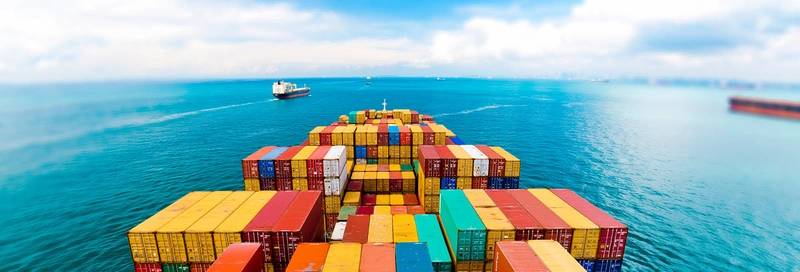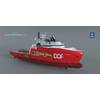Successful Onboard CCS Industry Needs Downstream Value Chain
The Maritime Technologies Forum (MTF) has released a new report offering industry guidance on the adoption of onboard carbon capture and storage (CCS) technology.
It states: “A secured downstream value chain is the most important pre-requisite for onboard CCS implementation. Societal acceptance for onboard CCS is only expected when captured CO2 can be securely transferred into long-term permanent storage, assured by a trusted MRV system.”

Onboard CCS system cost-effectiveness is also essential, as the technology requires significant amounts of additional energy to operate as well as capital to install. A substantial increase in fuel consumption can be expected with current technologies.
The report’s recommendations include:
• Collaborate to create a secure downstream value chain comprising of CO2 offloading facilities, transport infrastructure and long-term storage, together with associated MRV schemes, with the goal of permanently storing captured CO2.
• Establish clear and consistent regulations on safety and environmental performance, which include safety guidelines specifically for onboard CCS, covering aspects like equipment design, risk assessment and emergency response procedures.
• Consistently incorporate onboard CCS into existing regulations, such as the EEDI, EEXI and CII as well as the EU ETS and FuelEU Maritime measures.
• Develop certification schemes for downstream CO2 value chain infrastructure.
• Define acceptable levels of CO2 impurities and develop standardized guidelines for safe CO2 handling, including offloading procedures and port infrastructure requirements.
• Amend the Safety Management Systems and develop specialized training programs for crew members covering the operation, maintenance and emergency procedures for onboard CCS systems.
• Focus on development of onboard CCS technologies to increase CO2 capture rates, reduce energy demand and, thus, increase cost-effectiveness and demonstrate OCCS systems in pilot projects to gather operational experience.
Related News

